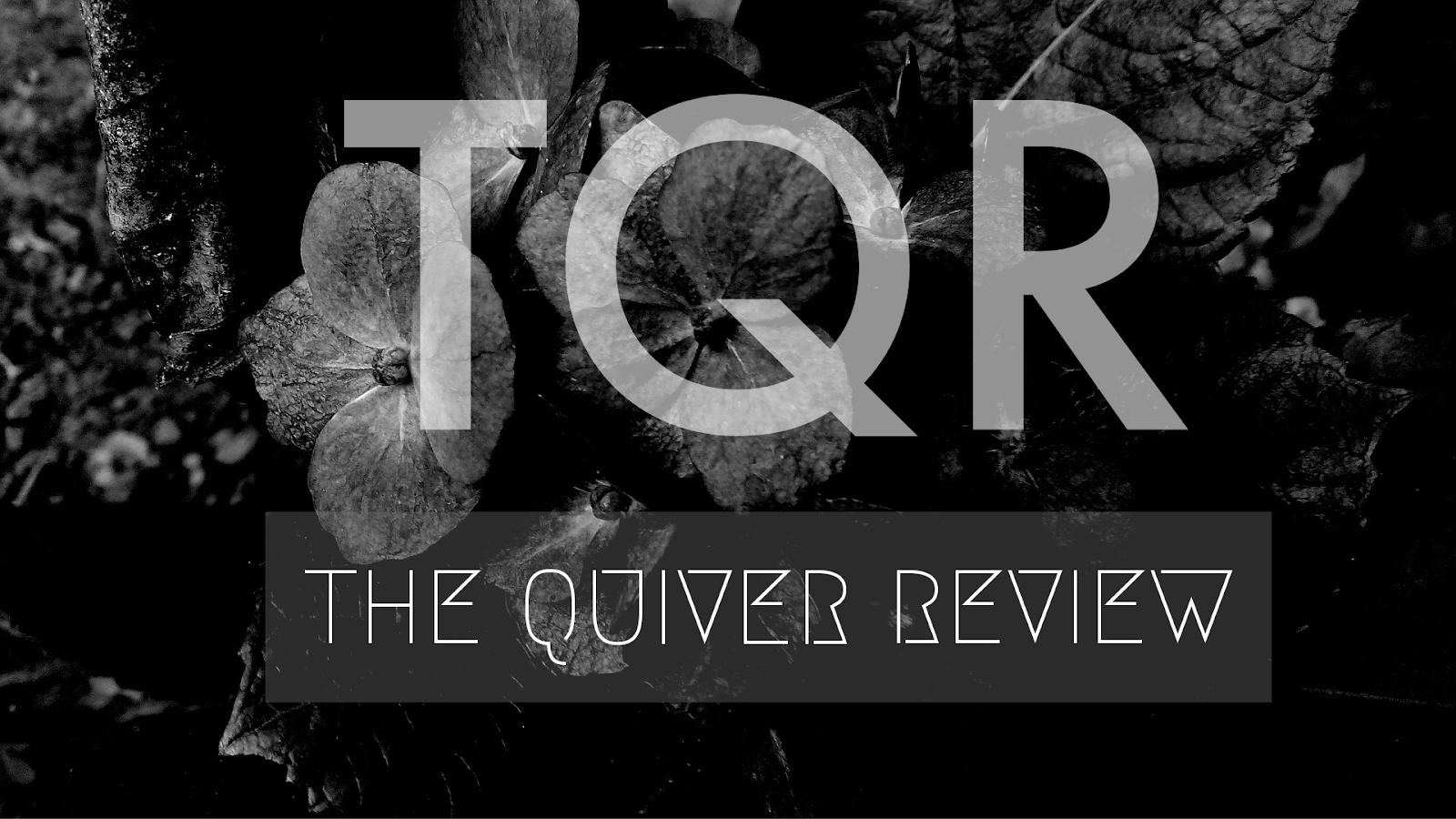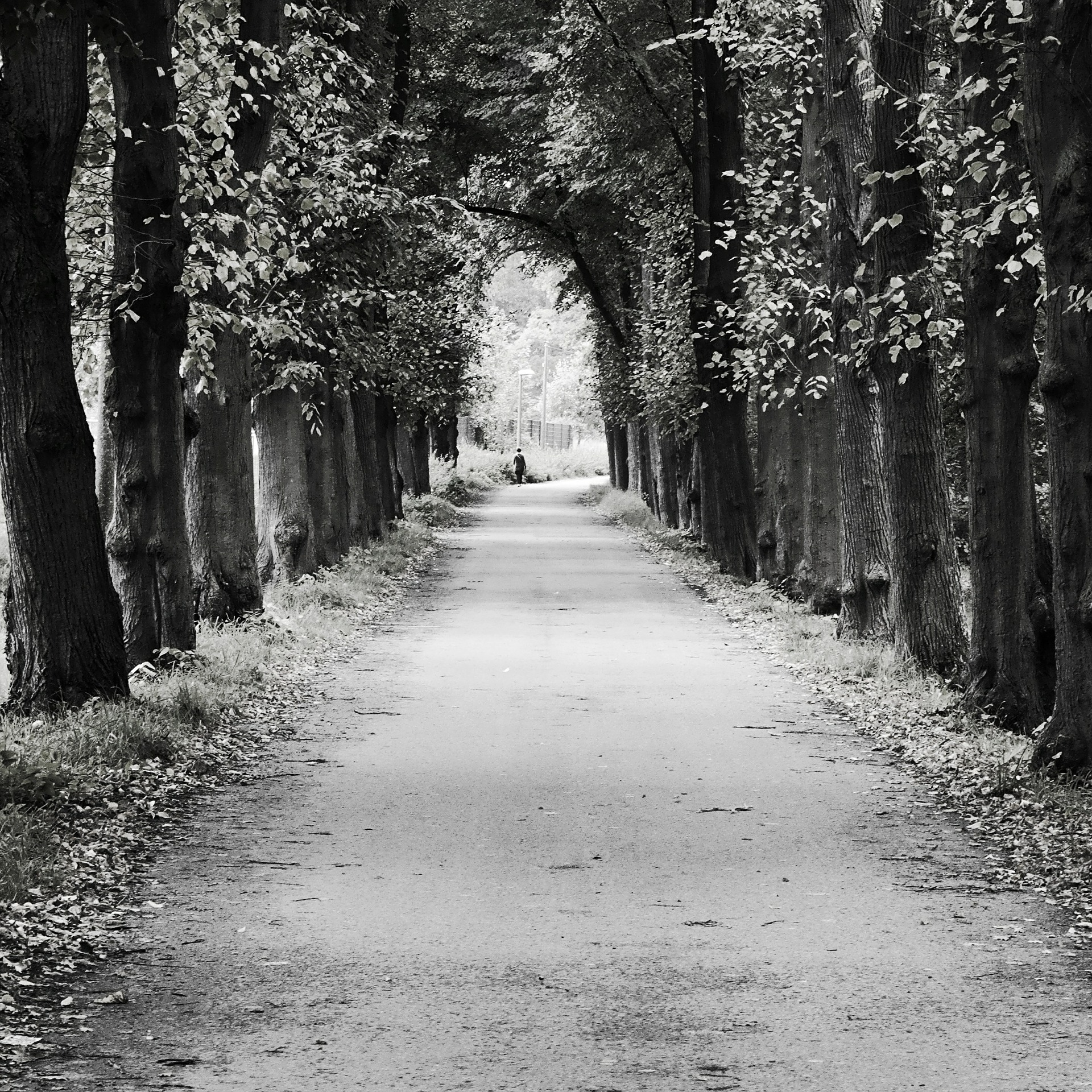Michael Angelo Stephen's Poems
Michael Angelo Stephens is author of more than twenty books, including the critically acclaimed novel The Brooklyn Book of the Dead; the travel memoir Lost in Seoul; and the award-winning essay collection Green Dreams. MadHat Press just published his hybrid work about an out of work actor, told in prose and poetry, fact and fiction, and is entitled History of Theatre or the Glass of Fashion. |
He was five years old, wandering alien
Streets in Brooklyn, his mother having just
Died and his father nowhere to be found,
The young boy walked around the world that way
Out in traffic of the borough until
Two of his County Mayo uncles found
Him wandering around, raggedy and
Dazed, and already hardened, suspicious
And hungry, he accepted their food as
Well as comfort and let them search the bars
Until they found the drunk, missing father,
Who didn’t seem to know his son or them,
His brothers-in-law, until much later,
Sober, he asked them how his sick wife was.
The Death of Charles Parker
(August 29, 1920—March 12, 1955)
Charlie “Bird” Parker would be 100
Today, but instead he died at the age
Of 34, described by the doctors
In the hospital where he was taken
As an elderly Black man, as if he
Were a mere mortal like the rest of us.
August 29, 2020, Chicago
Spring Cherry Blossoms Falling
I was sleazy and homeless but I had
A book contract and a ton of words in
My head, waiting to be unleashed in spring
Air, walking near the reservoir, cherry
Blossoms blooming everywhere, people
Sauntering in the park; I was with someone,
A girlfriend, though that day we were breaking
Up or at least discussing the idea.
They came out of nowhere, a gang of teens
Wielding knives and boxcutters, threatening
To kill us if we didn’t have money
For them. I didn’t, but she did, handing
It over to the violent young thugs,
Who ran off in falling cherry blossoms.
Buddy Bolden’S Bounce
(September 6, 1877- November 4, 1931)
Having invented jazz, Buddy Bolden
Tried to imagine what else he’d invent,
Maybe the light bulb or dry cereal,
A cure for syphilis or dementia
Praecox, something he was familiar
With, but he stuck with jazz, American
And quintessential as coffee with milk
And sugar, shrimp gumbo or chicory,
The scent of magnolia blossoms fallen
To the ground after rain. The smell of earth
After rain, cornet in hand, he climbed up
A funky tree in New Orleans, played us
We-the-people music, then flew away
From that perch, never to be seen again.
The Flight Deck
They put him on the hospital flight deck,
Where he sat around playing Coleman Hawkins
Records on the cheap record player some
One or other found for him, so he had
At least some music to listen to as
They dreamed up some clinical diagnosis
To explain how a musical genius
Found himself stranded at a traffic light
In midtown Manhattan during lunch hour,
And him unable to unfreeze himself
From the steering wheel as the cop tried to
Pry his fingers off the wheel, put him in
The red ambulance and sped off uptown
To the immaculate hospital ward.
Praising Darnella Frazier
Darnella Frazier went out to go to
The store. Seventeen years old, already
She had a sense of justice and being
On the right side of the story, she stopped
In her tracks and recorded on her phone
What was happening with the police and
The poor Black man with a knee in his neck,
Cutting off the blood supply to his brain.
His name was George Floyd, the man who made us
Aware that Black lives do matter, not just
A slogan to someone like Darnella
Frazier who later when asked why she taped
George Floyd’s death, she said that the world needed
To see exactly what happened to him.
The Hawk
1.
They said he was loaded on some liquid
His corner concocted, maybe cocaine,
Maybe just the demons exiting from
His body through those meaty fists, hands
Like tungsten, his speed and fury beyond
Comprehension, a thousand punches per
Round or ten-thousand punches in the match,
There’s no way to calculate the mayhem
That came from those fists or from that spirit.
How many punches did he throw against
Alexis Arguello? Too many for
The human eye to fathom or to count.
Two times he fought him, and it was two times
Pryor won in a barrage of punches.
2.
Perpetual motion was this boxer’s
Creed when he stepped into the ring to fight.
He unleashed his punches one after the
Other until Alexis Arguello,
No slouch himself, collapsed against the ropes
Until the referee stepped in and stopped
Slaughter, not once but twice, as if Aaron
Had to prove to the ringside seats that the
First fight was no fluke, and yet Pryor threw
So many punches in those two fights, it
Was as if he may have punched himself out,
Because not too long afterward, though still
Winning his matches, he also began
To fade away until he disappeared completely.
Homage to the Jewish Boxers: Benny Leonard
Benny Leonard went to town riding in
A yellow cab up into Harlem to
See his mother and the rest of his kin
On Pleasant Avenue, there to assure
Mother he would not disappoint her or
The family, and that he would enroll
At the City College of New York on
The other side of town just off Broadway
And West One-hundred-and-thirty-seventh,
To study in the pre-med program, and
So to become a doctor of medicine,
But instead Benny went to the fight gym,
And became, some said, the greatest lightweight
Champion to lace on the boxing gloves.
STANDING EIGHT COUNT
After one-hundred-and-ten fights, over
Eighty by knockout, only four losses,
One no-contest, and a draw, he was now
Punch-drunk and dopy, his twitch muscles all
But gone, and he keeps hearing bells go off
In his head, even amid the silence
Of the late afternoon, just him and the
Cat present in the apartment, his wife
Out doing errands; he saw himself come
Out of his corner, ready to do battle
Once more. Ali told it best when he said:
A fighter has only so many fights
In him or herself. Once s/he hits that number:
We know what that looks like afterwards.
Anansi In Kinshasa
For six or seven rounds, Muhammad Ali
Had allowed George Foreman to think that he
Was winning the fight they had in Zaire,
Ali taking body shot after body
Shot, but by Round Eight, everything turned
Around, and Muhammad let everyone
Know who really was in charge in the ring,
And it wasn’t George Foreman. Muhammad
Became a mythical figure that night
In Kinshasa, Anansi the Trickster,
But a trickster there for the lowliest,
Poorest person in Africa and the
World, a shape-shifter, performance artist,
And, of course, the greatest heavyweight champ.












Comments